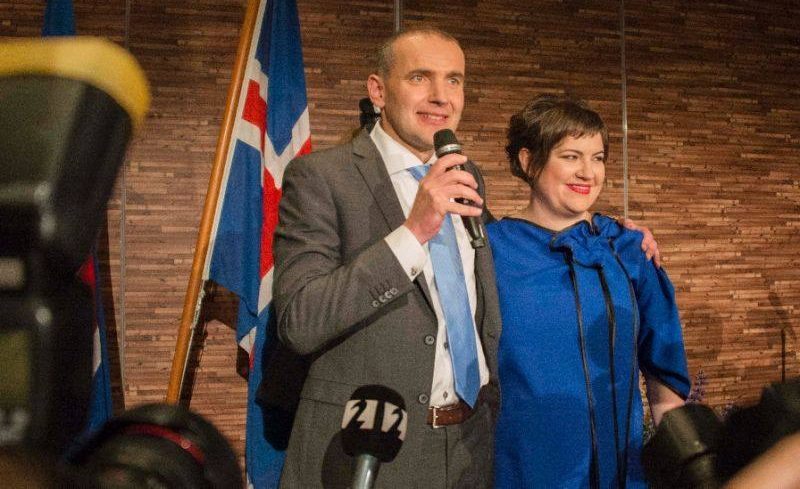Warwick graduate elected youngest ever President of Iceland
University of Iceland lecturer and Warwick alumnus Guðni Jóhannesson was elected President of Iceland in late June. At the age of 48, he is the youngest President the country has ever elected.
Jóhannesson won with just over 39% of the public vote and is set to take office as Iceland’s president on August 1.
He is to take over from President Olafur Grimsson, who has served five consecutive terms for the country since his first election in 1996. Jóhannesson will be the country’s first new President in 20 years.
Iceland’s President-elect completed his first Bachelor’s degree in History and Politics at the University of Warwick in 1991. He then went on to study for postgraduate degrees in History at a number of institutions including the Universities of Iceland and Oxford.
He has since worked as a historian and university lecturer in the UK and in Iceland.
Iceland’s President-elect completed his first Bachelor’s degree in History and Politics at the University of Warwick in 1991.
Jóhannesson’s campaign showed strong support in pre-election polls since he announced his candidacy in early May, and rose even higher once incumbent President Grimsson pulled out of the race.
Jóhannesson said he would be a “less political” President, as he is not affiliated with any of the country’s political parties, according to the Financial Times. His campaign focused on forming Icelandic unity and “modernising” the country’s politics with more direct voter involvement.
He reportedly came under fire during live TV-debates for “unpatriotic” views on Iceland’s role in the Cod wars, a series of confrontations between Iceland and the UK surrounding territorial fishing rights. Jóhannesson allegedly responded that his views were grounded in research.
Jóhannesson has apparently said in the same TV-debates that Iceland would have a referendum if the country were to consider applying to re-enter the European Union (EU).
He said that the UK’s vote for Brexit could be positive for Iceland: the non-EU role that Norway and Iceland currently play could have more importance with the UK’s involvement.

Comments